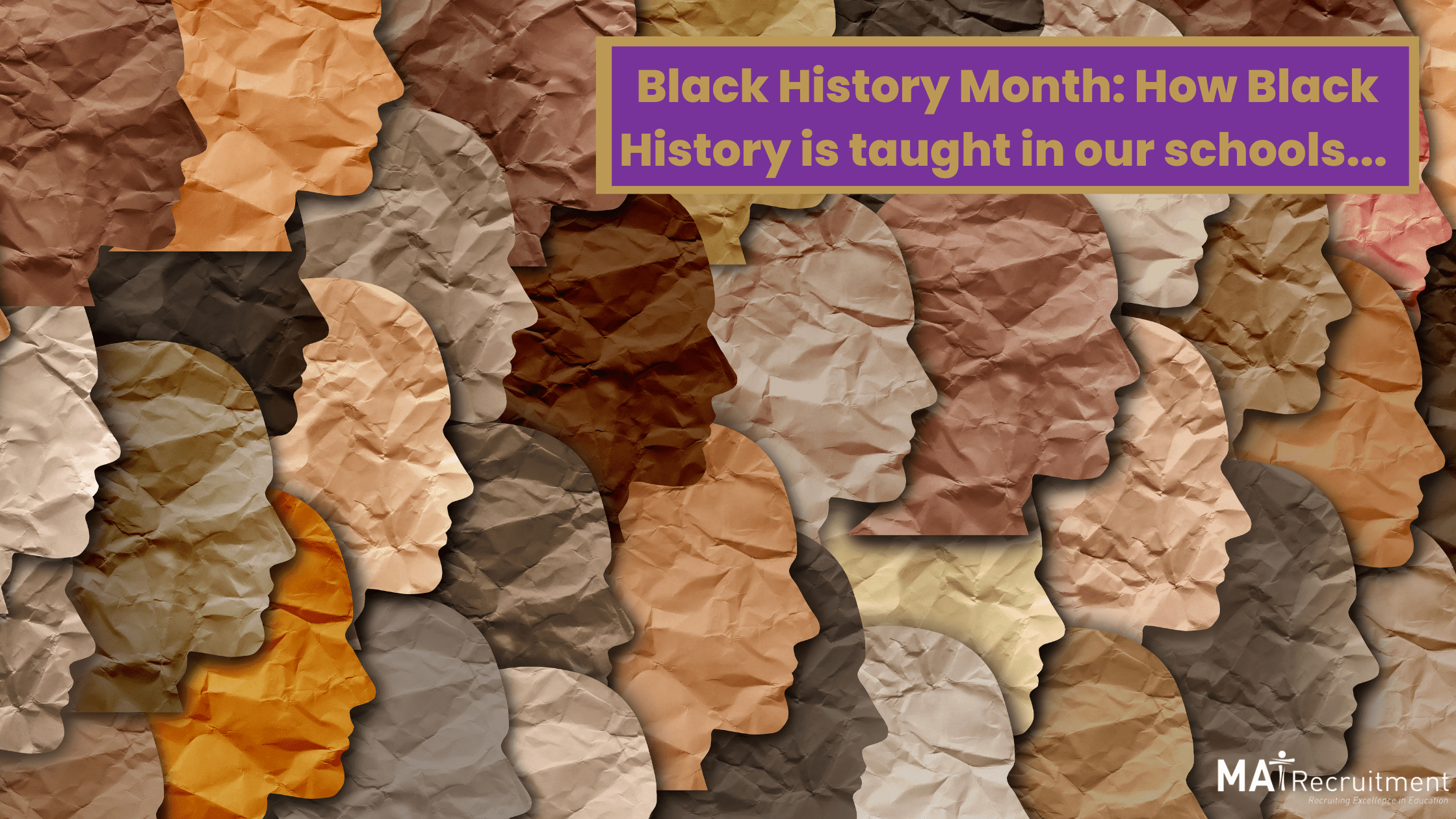There is absolutely no doubt that decolonising the National Curriculum has been a battle for decades and is an issue educators face when teaching students. By interrogating the biases and assumptions that underpin current education arrangements, the decolonisation process opens education up to reflecting alternative knowledge systems, philosophies and perspectives.
So-called ‘protecting’ our students over dark moments in history, such as the Transatlantic Slave Trade and segregation laws simply revokes their right to a well-rounded education and moulds their minds into a singular and whitewashed narrative of prejudice and bias. Simply ignoring, over-looking or underplaying Black History is almost an insult to these events in history, as it teaches children that it is ‘OK’ to not reflect on past tragic events and learn about the atrocities that our own country subjected others to.
Shadowing Black History from children also revokes their right to learn about the way in which communities are (and were) previously shaped and also creates a lack of understanding of world history matters. For example, in 2014, a YouGov survey found that most British citizens believe the British Empire is more something to be proud of (59%) rather than ashamed of (19%), with 22% unsure. This sense of ‘pride’ that is instilled in communities’ memories of British Colonisation and the British Empire is arguably due to the national curriculum choosing to portray Britain in a way that only highlights the country as a positive actor, whilst completely dismissing the tragic events that followed.
Therefore, it is of the upmost importance that we make an active effort to not whitewash the national curriculum and ensure that Black History in particular gets a substantive part in teaching practice, not just in history lessons, but in every subject possible. Still in 2022, most GCSE-level pupils have never studied a book by a black author, which is yet another example of systemic racism and unconscious unbiased that is facilitated in the education system. So, what will come of the National Curriculum and will Black History finally get the true recognition it truly deserves?














